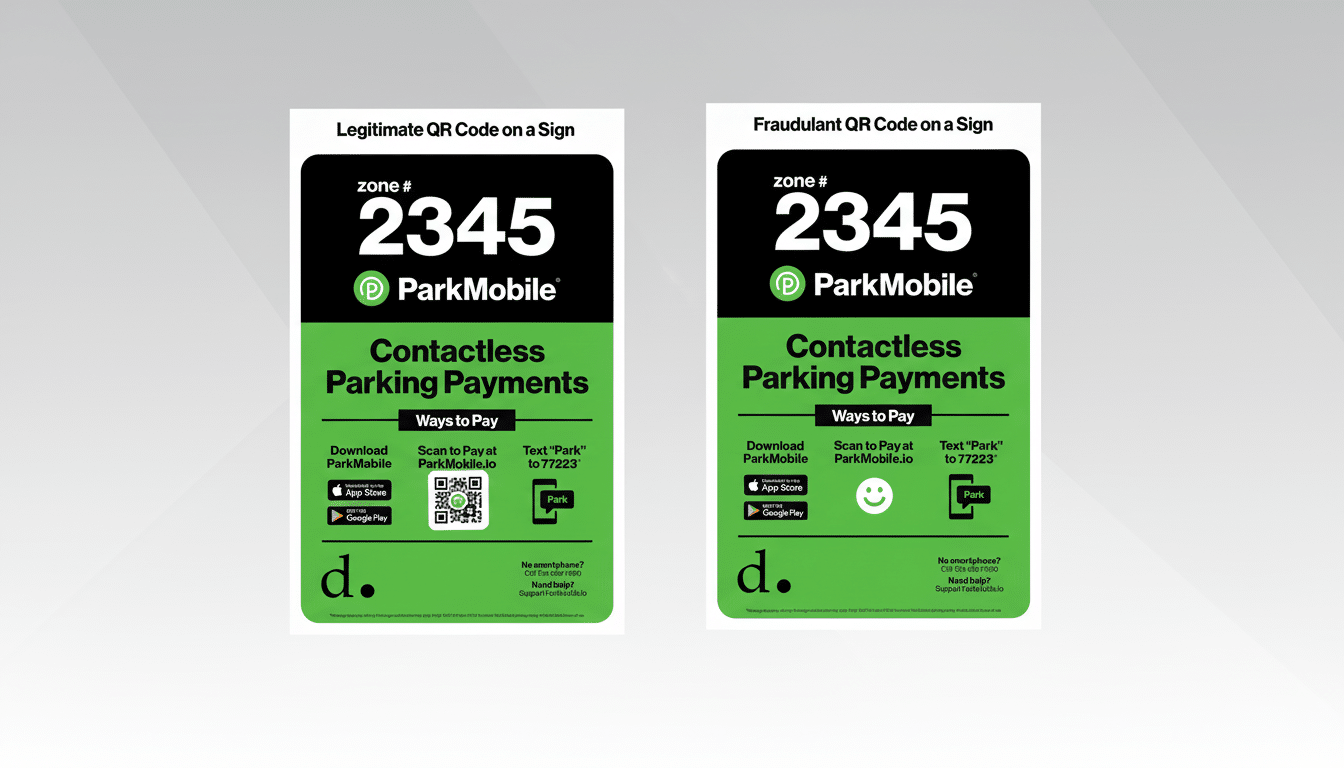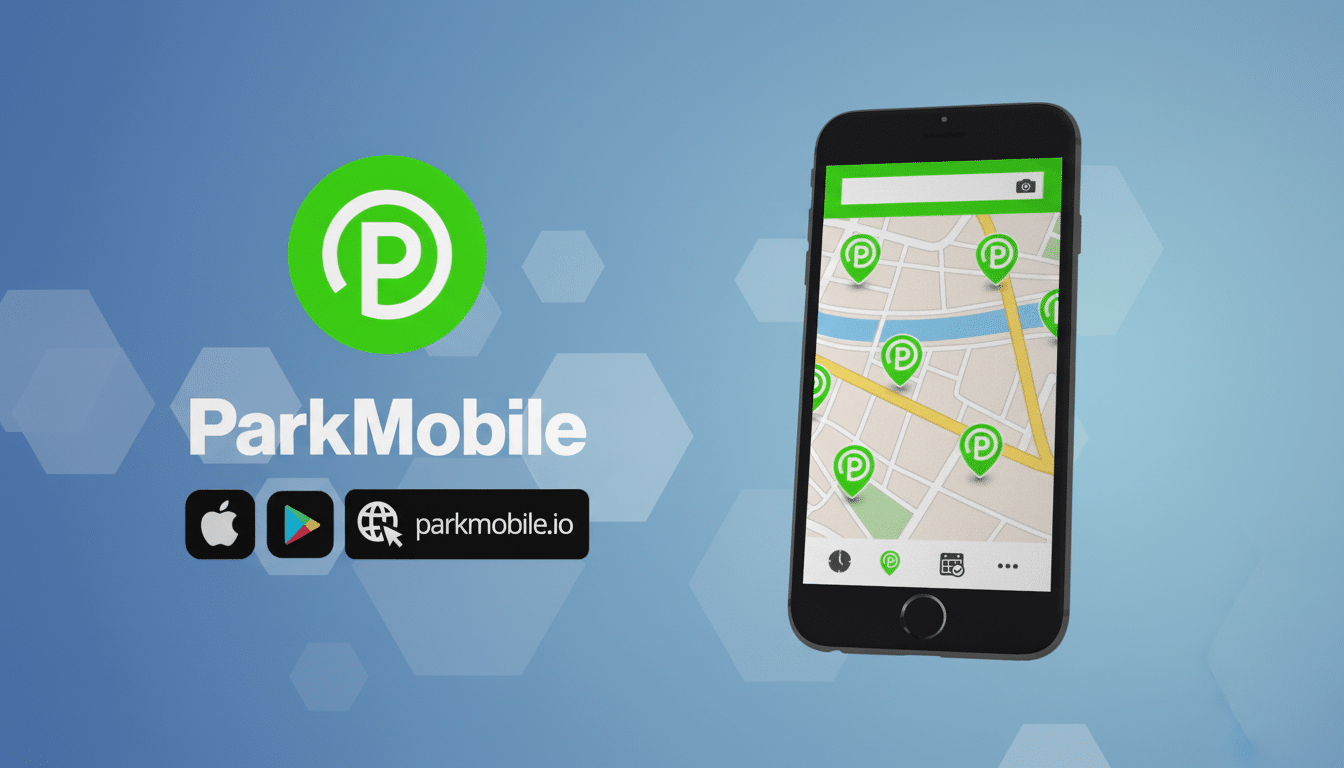If you used ParkMobile to pay for on-street or garage parking a few years ago, you may be eligible for compensation in a data breach settlement. But for many of these affected users, such “payment” is coming in the form of a $1 app credit that can be redeemed only in quarters — and only toward service fees. It is real money, but it’s not as simple as it sounds.
What Happened In The ParkMobile Data Breach
ParkMobile announced that user data was compromised in a security breach impacting more than 21 million accounts. Exposed information included license plate numbers, email addresses, phone numbers and mailing addresses, according to the company and an analysis by outside security experts. The company said it had stored passwords only in cryptographically scrambled form, and that no payment card numbers were stolen.

The incident was closely monitored by cybersecurity analysts, and breach-notification services began to flag the dataset, along with reports that records had appeared on criminal forums. ParkMobile admitted no wrongdoing, but agreed to settle the litigation through a court-approved settlement rather than go through years of litigation.
Who Gets Paid In The ParkMobile Settlement, And How Much
The deal laid out two main avenues. If you submitted a valid claim, you may get cash (up to $25). Even if you didn’t file a claim but are still deemed an affected user, you could get an email with a $1 “alternative benefit.”
That $1 shows up as a unique code associated with your ParkMobile account. The code is generally good for one year. It’s little enough, but it represents the settlement’s attempt to give at least some compensation for people who didn’t file a formal claim.
The One Dinky Catch With The $1 ParkMobile Credit
Here’s the wrinkle: no, the $1 cannot be applied to parking itself. It can only be applied to ParkMobile service fees, and it must be redeemed in four separate redemptions of 25 cents each. You will need to manually input that code into the app, and you must be parked at a spot that uses ParkMobile and has a service fee for the transaction.
Service fees fluctuate widely by city and operator. Some users encounter fees that are far less than a dollar, while others find themselves paying a couple of dollars per transaction. In the real world you will need to buy something in order to use it, and you might need multiple parking sessions to get the full $1.
That structure is why some recipients initially assumed the email was a scam or complained that its design more resembled a “coupon” than it did cash. Consumer advocates have long cautioned that credits hinging on further purchases are typically redeemed at low rates, and academic reviews have shown coupon-enforcement usage to be in the single digits. But the settlement here was scrutinized and approved by the court under class action procedures.

How To Use It Without Burning Yourself On Fees
To prevent phishing, don’t click on links in unsolicited emails. Instead, if you got one, open the ParkMobile app on your own and go to account settings to put in the code. You likely won’t be asked for your bank account information to cash out a settlement benefit, and no one from the settlement will call you to collect a fee.
If you no longer use ParkMobile, the code will not work with other parking apps. Think about whether you’ll actually use as many as four transactions during the redemption-eligible period; otherwise that $1 would be wasted. If you still have an account with ParkMobile, this is also a good time to update your password, enable any multi-factor authentication if it’s available and make sure that your vehicle and contact information are current.
If you’re concerned that your data was affected in the breach, reputable breach-notification services and court documents from the case can help you confirm exposure. Security experts often urge vigilance against suspicious emails and texts, as contact details exposed in a breach can be used to launch phishing attacks.
Why Such Tiny Payouts Occur In Data Breach Cases
In data breach settlements, the focus is often on injunctive relief — such as security enhancements — as well as small payments because plaintiffs typically have to prove direct financial injury, which can be difficult to quantify. Under the Class Action Fairness Act, judges look closely at whether benefits are “coupon-style”; fees and distribution plans must be explained in terms of likely redemption.
Consumer advocates, including the Center for Class Action Fairness and Public Citizen, have long panned coupon settlements as yielding relatively little to most users. On the other hand, courts have sometimes blessed small credits as a pragmatic means of reaching millions where the equivalent sum in per-person cash would be cost-prohibitive. Recent high-profile breaches, from credit bureaus to tech platforms, highlight the trade-off: more money for the claimed amounts for those who file paperwork versus symbolic amounts for those who don’t.
Bottom Line For ParkMobile Users Affected By Breach
If you are one of the ParkMobile users who had parked around the time of the exposure, keep an eye on your email for a settlement notice. Claimants could get up to $25; non-claimants might receive one $1 code broken out into four 25-cent fee credits. It isn’t a fortune, but it is real — and it has value if you still use the app and can figure out how to spend it.
Disappointment over the scale and structure of these payouts is warranted. Nevertheless, the settlement serves as a reminder to audit old accounts and change passwords frequently — and to think twice before clicking on an unexpected emailed offer. The money may not be the same, but the habits you develop can pay exponentially bigger dividends.

